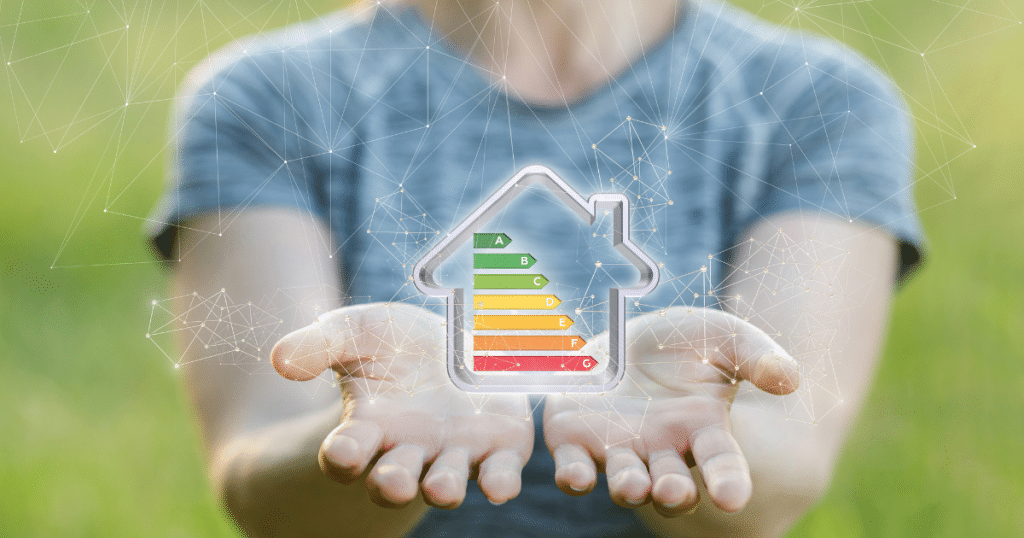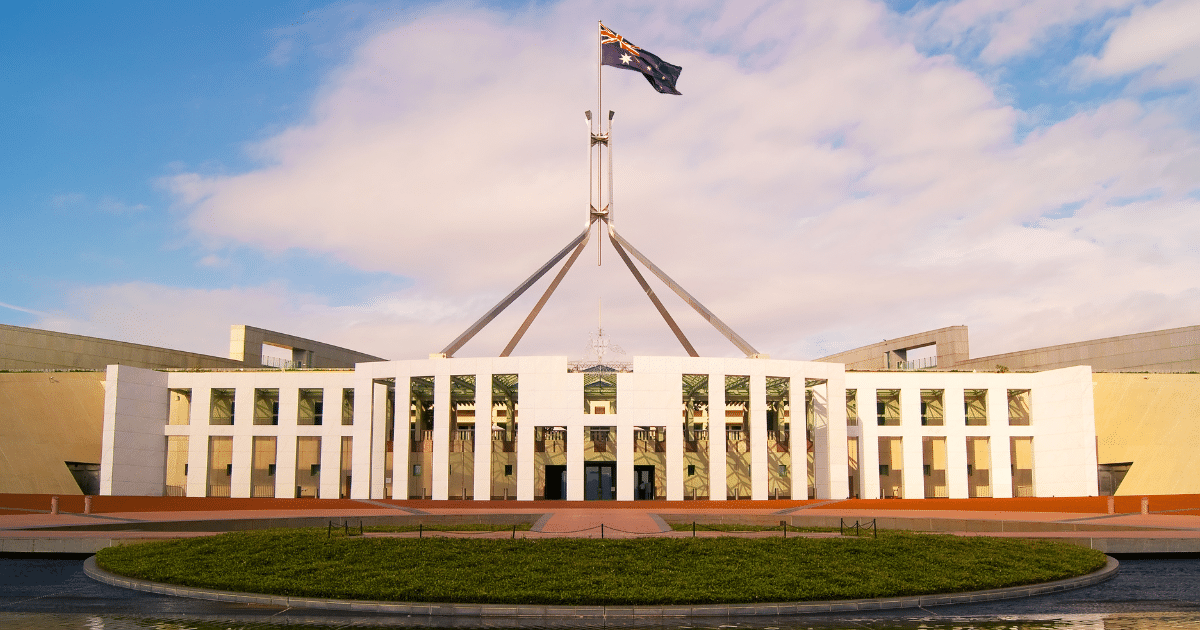The Australian Federal Budget 2023-24 has brought about some changes for home buyers and SME owners. In this article, we’ll take a closer look at the key measures that could impact your finances and provide insights on how to prepare for the year ahead. From tax cuts to incentives for first-time home buyers, read on to discover the implications of this year’s budget on your financial future.
The federal Treasurer has outlined a range of measures to help tackle the cost of living and improve housing affordability.
Federal Treasurer Jim Chalmers MP has handed down the Australian Labor Party’s Budget for 2023/24, which has been “carefully calibrated to address cost-of-living pressures in our communities”.
Released on Tuesday evening (9 May), the 2023/24 Budget focuses on helping Australians manage rising inflation (which reached 7 per cent in the March quarter), largely focusing on supporting the “most vulnerable” people with the rising costs of living.
Home Guarantee Scheme

As previously announced, to enable more people to qualify the eligibility criteria for all elements of the scheme — including the First Home Guarantee, the Regional First Home Buyer Guarantee, and the Family Home Guarantee — will be expanded from July 1st 2023 as the government continues to address Australia’s housing challenges. Permanent residents, non-couple joint applications, previous home owners and more single guardians will be able to access some of the home guarantee schemes on offer from the new financial year.
Build-to-rent tax break

In an attempt to encourage more investment in developments that specifically aim to increase rental housing supply. For eligible new build-to-rent projects where construction commences after 9 May 2023, the government will increase the rate for the capital works tax deduction (depreciation) to 4 per cent per year and reduce the final withholding tax rate on eligible fund payments from managed investment trust (MIT) investments from 30 per cent to 15 per cent.
Household Energy Upgrades Fund

To encourage home upgrades that improve energy performance and save energy, the Household Energy Upgrades Fund includes $1.0 billion in funding to the Clean Energy Finance Corporation to provide 110,000 low-cost finance and mortgages in partnership with private lenders for home upgrades that save energy. This aims to provide low-cost homes for double-glazing, solar panels and other improvements that will make homes easier – and cheaper – to keep cool in summer and warm in winter.
Additional support for SME’s
On top of measures for housing, the Budget also aims to support small businesses manage rising costs, too.
Instant asset write-off

As mentioned in our Style HQ May Newsletter, the temporary full expensing allowance is coming to an end at 30 June 2023. Meanwhile, the Australian Government announced for the 2023–24 income year it will temporarily increase the instant asset write-off threshold from $1,000 to $20,000. This is for small business buying smaller assets so we encourage you to get in quick for those larger asset purchases.
Small businesses, with aggregated annual turnover of less than $10 million, will be able to immediately deduct the full cost of eligible assets costing less than $20,000 that are first used or installed ready for use between 1 July 2023 and 30 June 2024.
The $20,000 threshold will apply on a per asset basis, so small businesses can instantly write off multiple assets.
Adopt and adapt to digital technology

The Government will provide $101.2 million over 5 years from 2022–23 to support businesses to integrate “quantum and artificial intelligence (AI) technologies into their operations” and support small and medium enterprises’ adoption of AI technologies to improve business processes and increase trade competitiveness.
Small Business Energy Incentive

Will provide up to 3.8 million eligible businesses with an additional 20 per cent deduction on spending that supports electrification and more efficient use of energy.
These will include assets that upgrade to more efficient electrical goods such as energy-efficient fridges, assets that support electrification such as heat pumps and electric heating or cooling systems, and demand management assets such as batteries or thermal energy storage.
The tax deduction will be available to businesses with an annual turnover of less than $50 million and up to $100,000 of total expenditure will be eligible for the incentive, with the maximum bonus tax deduction being $20,000 per business.
Business assets or upgrades will need to be first used or installed ready for use between 1 July 2023 and 30 June 2024.
Eligible upgrades will also need to be made in this period. Certain exclusions will apply such as electric vehicles, renewable electricity generation assets, capital works, and assets that are not connected to the electricity grid and use fossil fuels – The Adviser, May 9 2023
In conclusion
The Australian Federal Budget 2023-24 aims to provide a range of benefits for home buyers and small business owners. From the extension of the First Home Loan Deposit Scheme to the expansion of the Instant Asset Write-Off, these measures aim to support Australians in achieving their financial goals and growing their businesses.
Overall, the budget reflects the government’s commitment to promoting economic growth and opportunity for all Australians. Will it fulfil it’s promise to assist the most vulnerable members of our community to cope with growing cost of living pressures and rising inflation? Time will tell…


